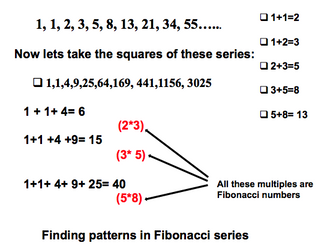Excretory System
<p>The process of removing waste and excess water from the body is called excretion (maintains homeostasis).<br />
Kidneys are the main organs for excretion. Other organs like large intestine, liver, skin and lungs also remove waste from the body.<br />
All these organs constitute the excretory system.</p>
